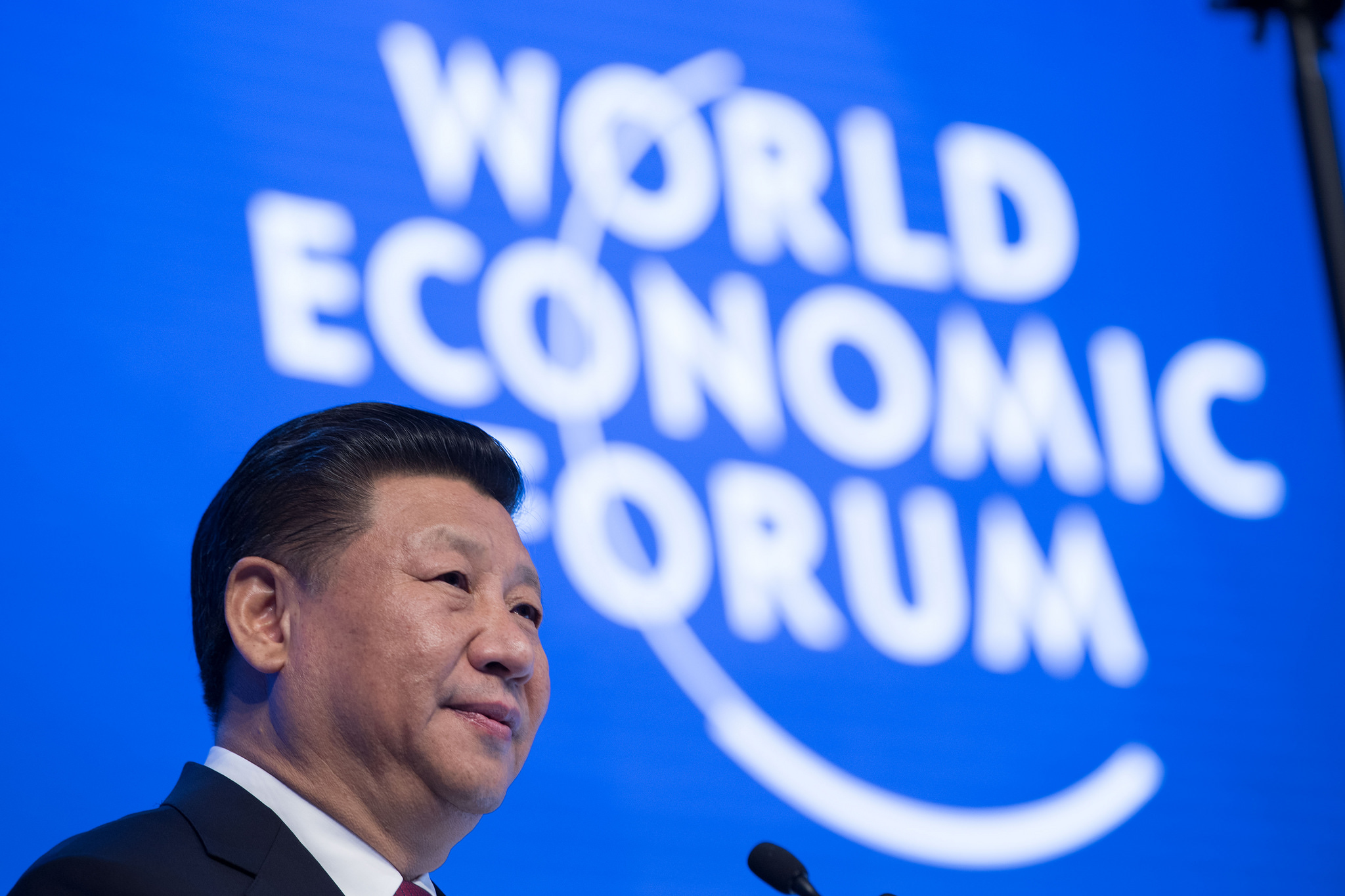
Minxin Pei, Tom and Margot Pritzker ’72 Professor of Government , Claremont McKenna College
Aug 03, 2018
Beginning the year with a drastic restructuring of the Constitution, the Chinese Communist Party under President Xi appeared increasingly formidable. But in the face of domestic scandals, currency concerns, and a trade war with the U.S., Minxin Pei argues that President Xi may need a new strategy to satisfy the Chinese people.
Lawrence Lau, Ralph and Claire Landau Professor of Economics, CUHK
Jul 31, 2018
Though China can endure a trade war with the US, the damage it will do to both countries, and their relationship, will be significant.
Tu Xinquan, President of the China Institute for WTO Studies at the University of International Business and Economics.
Jul 30, 2018
In imposing unilateral tariffs and wrongfully accusing Chinese of misconduct, the United States is neglecting its duty as a member of the WTO and international community.

Li Zheng, Assistant Research Processor, China Institutes of Contemporary International Relations
Jul 30, 2018
Donald Trump’s trade war is a fundamentally political tool used to advance his agenda against globalists and the American political elite.
Wu Zurong, Research Fellow, China Foundation for Int'l Studies
Jul 26, 2018
In spite of Chinese patience, repeated American aggression has led both countries into a trade war neither can win.

Ann Lee, Former visiting professor at Peking University
Jul 26, 2018
The tariffs lobbed between the United States and China have morphed into an economic conflict of concerning proportions. But is this monetary dispute the prelude to a much larger clash between these two world powers?

Peter Bittner, Lecturer, University of California, Berkeley
Jul 26, 2018
Amid the growing U.S.-China trade tensions, President Xi Jinping's One Belt One Road plan is more important than ever.

Ann Bierbower, International marketing specialist
Jul 26, 2018
The U.S.-China trade war will take a toll on the average consumers in both countries.

Sara Hsu, Visiting Scholar at Fudan University
Jul 26, 2018
There is a shift taking place around the world, and the further Trump goes to reject America’s neoliberal free trade ideology, the more popular China’s own socialist free trade ideology becomes.

Cheng Li, Director, John L. Thornton China Center, The Brookings Institution
Diana Liang, Research Assistant, Brookings Institution
Jul 26, 2018
Cheng Li and Diana Liang discuss the political and security factors that have prevented China and the U.S. from cutting a deal in the current trade dispute. They argue that these obstacles should urge us to look at the bigger picture in order to avoid the disastrous consequences of a trade war, or even worse — risk an actual war.
Back to Top

- China-US Focus builds trust and understanding between the U.S. and China through open dialogue among thought leaders.
- Our Offerings
- Topics
- Videos
- Podcasts
- Columnists
- Research Reports
- Focus Digest
- Stay Connected
-
Thanks for signing up!
- Get the latest stories from China-US Focus weekly.